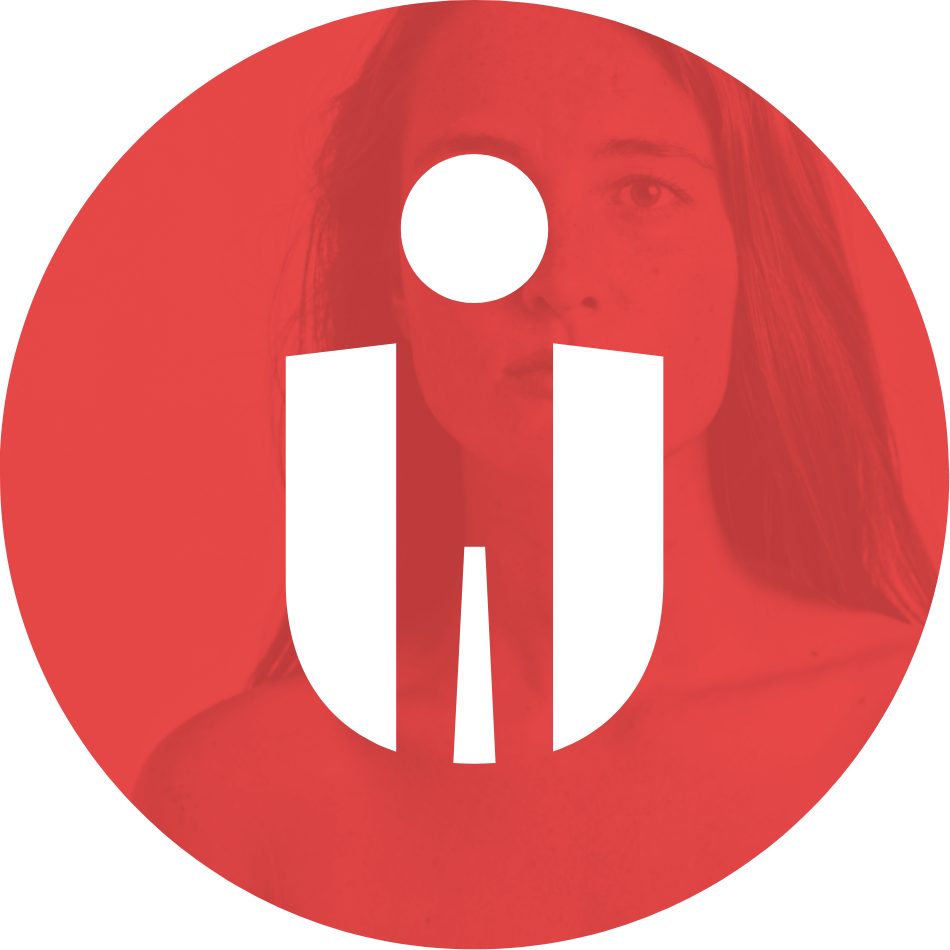As every website or app project is different, this is a hard question to answer but there are some commonalities we’ve noticed over the years. The process of designing and building a website goes through some typical stages: Project discovery, User experience design, Wireframing & UI design, Front end development, Back end development, Content creation, User acceptance testing & Deployment.
Even our smallest projects go through these same steps and you can imagine there are a number of those where you (as the client) need to get involved to review the work done so far and make decisions along the way. So, when estimating the time it will take to go from project start to having your website live, you need to factor in time for reviewing decision making.
A good guide to start with might be (from project start to live):
- A business brochure/portfolio site: 12 weeks
- A medium sized product focused site (1000s of products): 12 - 24 weeks
- A large full featured PIM/ecommerce site (10,000s of products): 24 - 48 weeks

